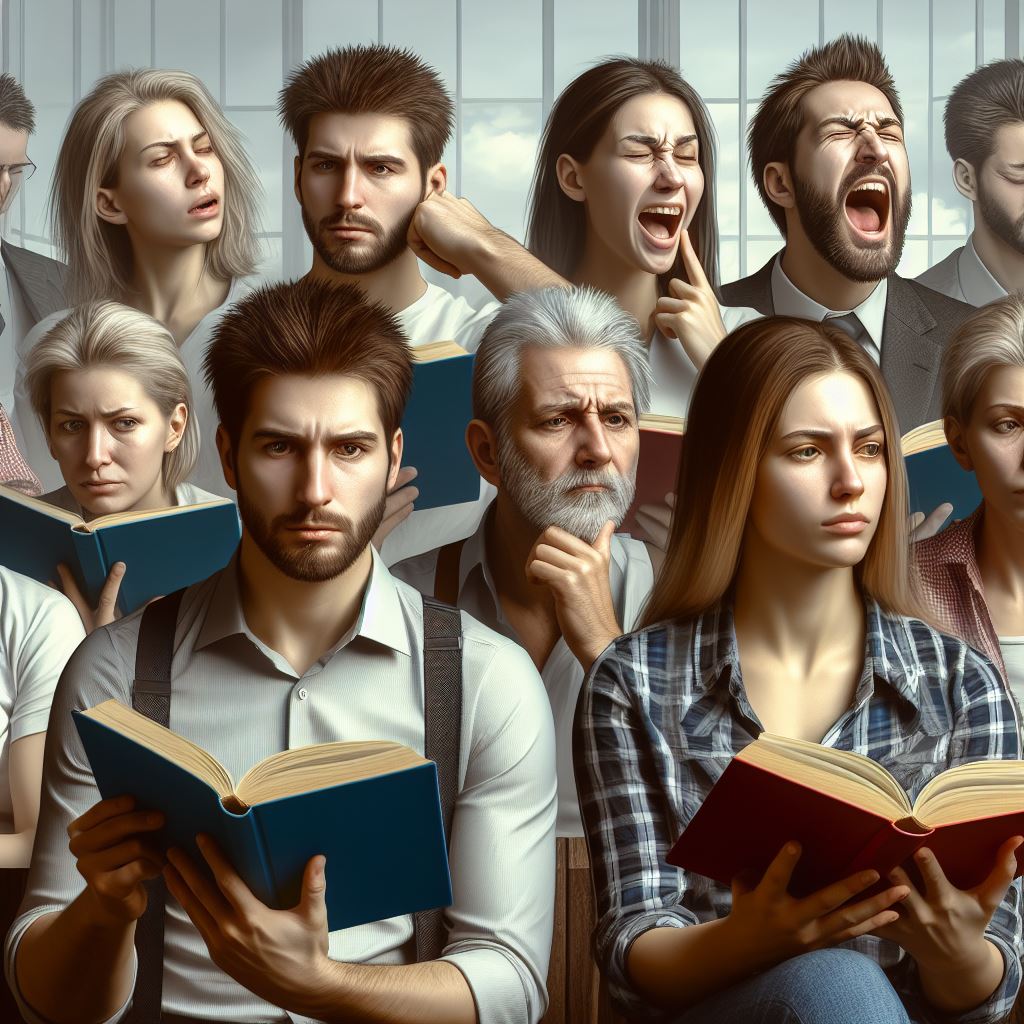Literature serves as a vital force in challenging societal norms throughout history, acting both as a mirror to reflect societal issues and as a catalyst for change. By wielding the power of storytelling, authors have critiqued established beliefs, provoked critical thought, and fostered empathy, ultimately contributing to societal evolution.
Reflection and Critique of Societal Norms
One of the primary ways literature challenges societal norms is through its ability to reflect the prevailing attitudes and injustices of its time. As noted in various sources, literature often acts as a spotlight on these societal issues, exposing injustices related to race, gender, and class. For example, literature can reveal the deep-seated prejudices and systemic inequalities present within society, encouraging readers to critically examine their beliefs and values. Novels such as 'To Kill a Mockingbird' and 'The Handmaid’s Tale' serve as poignant examples, highlighting issues of racism and gender discrimination, respectively. These narratives compel readers to confront uncomfortable truths and consider the implications of the societal structures that perpetuate these injustices[6].
Fostering Empathy and Understanding

Literature has an unparalleled capacity to cultivate empathy among its readers. By allowing individuals to step into the shoes of diverse characters from various backgrounds, stories foster a deeper understanding of different experiences. Philosopher Martha Nussbaum highlights this aspect, emphasizing literature's ability to nurture a sense of shared humanity and cultural belonging. Through the art of storytelling, readers are encouraged to recognize the complexities of human existence and develop compassion for others, thereby challenging the normative values that often lead to division and misunderstanding[2][4].
Challenging Cultural Conventions
Authors have historically used their works to question cultural conventions and advocate for change. This is evident in the impact of literary movements that have emerged in response to societal pressures and injustices. For instance, feminist literature has been instrumental in articulating the challenges faced by women and advocating for gender equality. Works like 'The Second Sex' by Simone de Beauvoir and 'The Feminine Mystique' by Betty Friedan not only highlight the systemic obstacles confronting women but also lay the groundwork for feminist movements by challenging traditional gender roles[6].
Similarly, novels such as 'Uncle Tom’s Cabin' by Harriet Beecher Stowe played a critical role in the abolitionist movement, igniting empathy among readers and mobilizing support against slavery. Stowe's vivid portrayals of the brutal realities of slavery urged the public to reconsider their beliefs about race and ethics, showcasing how literature can serve as an agent for societal change[5][6].
Inspiring Social Action

Literature's role in inspiring social action cannot be understated. By presenting alternative perspectives and narratives that deviate from mainstream thought, literature often sparks dialogue and prompts readers to envision new possibilities. The works of authors like Chinua Achebe, who challenged colonial narratives in 'Things Fall Apart', exemplify how literature can reshape cultural identity and confront oppressive structures, ultimately encouraging resistance and activism against societal norms[5][6].
Moreover, literature's influence extends beyond literature itself; it shapes public discourse and can even inform policy changes. Novels have often served as inspiration for movements seeking social justice, as they provide a platform for marginalized voices and illuminate the struggles faced by these communities. The impact of literary works on activism is evident when examining how narratives have contributed to the civil rights movements, advocating for racial justice and equality[4][6].
Literature as a Means of Preservation and Change
Beyond immediate critique and reflection, literature also plays a crucial role in preserving cultural memory and identity, acting as a repository of societal values and experiences. Writers capture the essence of their societies, thereby contributing to the collective memory and identity of a community. This preservation ensures that vital historical narratives and the lessons learned from injustices are not forgotten, but rather celebrated and learned from, maintaining a constant dialogue about societal change[2][4].
Furthermore, literature continues to evolve with the times, adapting to new mediums and cultural shifts. The intersection of literature with modern technology, such as social media, allows for broader outreach and engagement in contemporary social issues. This modern approach keeps literature relevant as it fosters new discussions around established norms and catalyzes movements for change[5].
Conclusion

In conclusion, literature serves as a powerful tool for challenging societal norms through its reflective nature, capacity to foster empathy, and role in inspiring social activism. By exposing injustices, questioning cultural conventions, and preserving collective memory, literature not only critiques the status quo but also encourages readers to consider their role in the ongoing quest for societal change. As history shows, the narratives crafted by authors have the potential to not only shape individual minds but also influence the broader cultural and political landscape, proving that literature remains an essential component of social progress.
Get more accurate answers with Super Pandi, upload files, personalized discovery feed, save searches and contribute to the PandiPedia.
Let's look at alternatives:
- Modify the query.
- Start a new thread.
- Remove sources (if manually added).